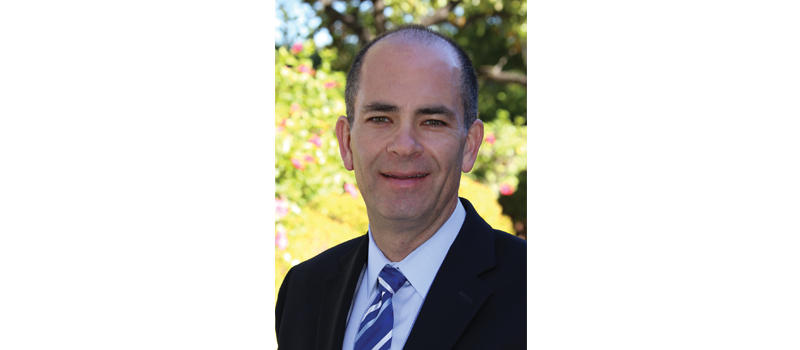by Rabbi Ron Stern
How far can you gaze into the future? Of course, none of us has the ability to even know what tomorrow will bring; nonetheless, we plan. We purchase insurance, we fund pensions, we plan vacations, schedule weddings and other events, knowing full well that surprises happen – both pleasantly benign and dramatically life-changing. What about into the next generation? The one after that? What would it take to look into the third or fourth generation after you?
The Bible famously says that God’s kindness extends to the thousandth generation (Exodus 20:6). By attributing such foresight to God (it would be 40,000 years) the Bible affirms our ancestor’s sense of God’s capacity to continually craft a world reflective of God’s providence. Even recognizing the hyperbole of that declaration, it begs the question of us: What do we do to affect the lives of those who will live even several generations after us?
Even 100 years ago, the notion that humanity could alter that future in any way was virtually unthinkable. Now, our deeper understanding of genetics, of climate, of the enduring effects of our actions leads us to the realization that we actually can influence the future. Knowing now what we can do, what will we do to ensure that our children’s children’s children’s children will inherit a livable planet?
The most recent report on climate change released by the federal government serves as one more reminder that we must take steps to restore the climate balance in our world or we will leave the generations to follow us with a planet whose ability to support life will be much impaired. It is a frightening picture of the effects already experienced by so many, from flooding to drought, heat waves to wildfires with more to come as the damage intensifies.
You will have grandchildren; your grandchildren will have grandchildren. While there is much about the future that is far beyond our control, the report assures us that if we act now, we can reduce the impact of the warming climate on the generations that will follow us. We needn’t gaze too far into that future to see the ensuing damage, merely 30 years from now heat waves will be more deadly, drought will be debilitating, flooding will swamp our coasts, California will burn even more dangerously.
While there is much we can’t foresee, in this case we’ve been given a glimpse of a future with which we’ll curse our progeny if we don’t act forcefully now. Each of us can make a difference, and collectively, this country has the power to drive the world towards action. When they write the story of our generation, will they say that we had the chance and failed, or will the praise us for extending our kindness to the thousandth generation?

